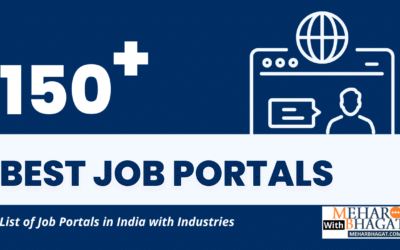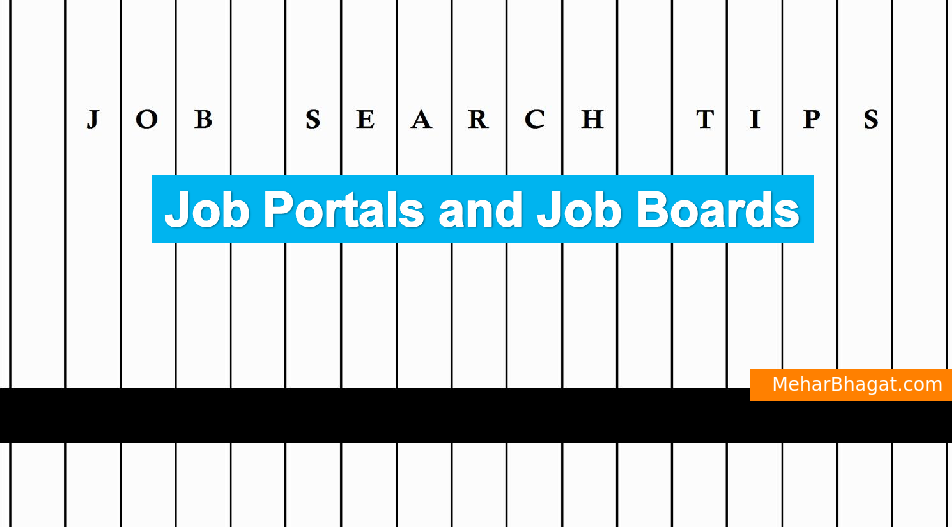Articles
Join Our Newsletter
Mehar posts on multiple platforms, and keeping up in today’s digital age can be daunting, so we send important emails daily and compile all posts in a weekly updates Newsletter.
Master Leadership: 19 Qualities That Set Exceptional Leaders Apart
In the fast-paced and competitive world, exceptional leadership plays a pivotal role in driving organizations toward success. Realizing the immense impact of strong leadership, aspiring leaders must strive to cultivate specific qualities and attributes that...
15 Step Guide to Powerful Resume Writing
As an expert HR Professional, I understand the significance of creating a compelling resume that captivates potential employers and helps job seekers land their dream jobs. Resume writing is a skill that allows you to get noticed in job portals, and requires a...
10 Advanced Job Search Strategies: Master Job Search Efficiency
For young professionals, mastering advanced job search strategies is essential to stand out and secure their dream job. As a Human Resources expert, I will guide you through an informative journey, tailored specifically for the Indian audience, exploring the best...
150+ Best Job Portals list in India with Industries
This is a comprehensive Job Portals list in various niches tailored specifically for Indian Job Seekers. In today's dynamic job market, finding the perfect career opportunity can often feel like navigating through a labyrinth of options. However, fear not, as I...
8 Advance Job Search Tips for Getting Hired Fast
The dynamics of job search have changed everywhere be it email, online portals, walk-ins, social or professional networking. With the HR industry evolving and advancing for a quicker process, time becomes a total limit. If I am looking for a job or contract, I just...
6 Powerful Steps to Get your Resume noticed in Job Portals
Getting your resume noticed is one of the first steps towards successful employment, and when you just upload your CV into job portals, it will most likely not give you the expected response. A good job portal gets sourced with more than tens of thousands of requests...






